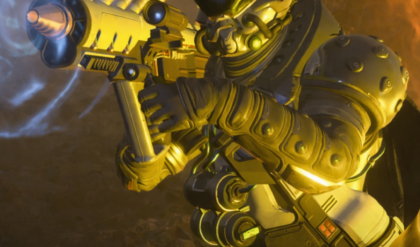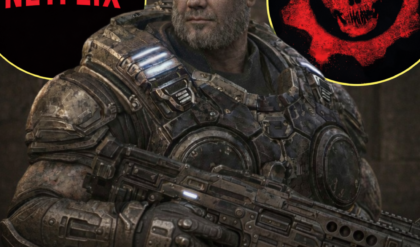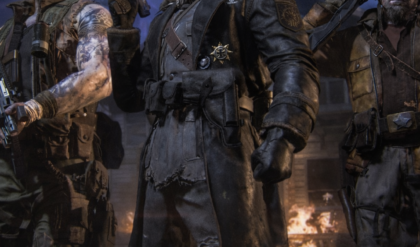A lot of the procedural aesthetic comes with Kansas’ famous BTK killer; the case of Bill’s son, Brian, also being part of a child murder; not to mention the focal point being the Atlanta killings in 1978 this season. But while it’s intriguing watching the team deal with sadistic individuals and then mine knowledge to put into practice in the field, ultimately Mindhunter doesn’t come close to the standard set by HBO’s True Detective.
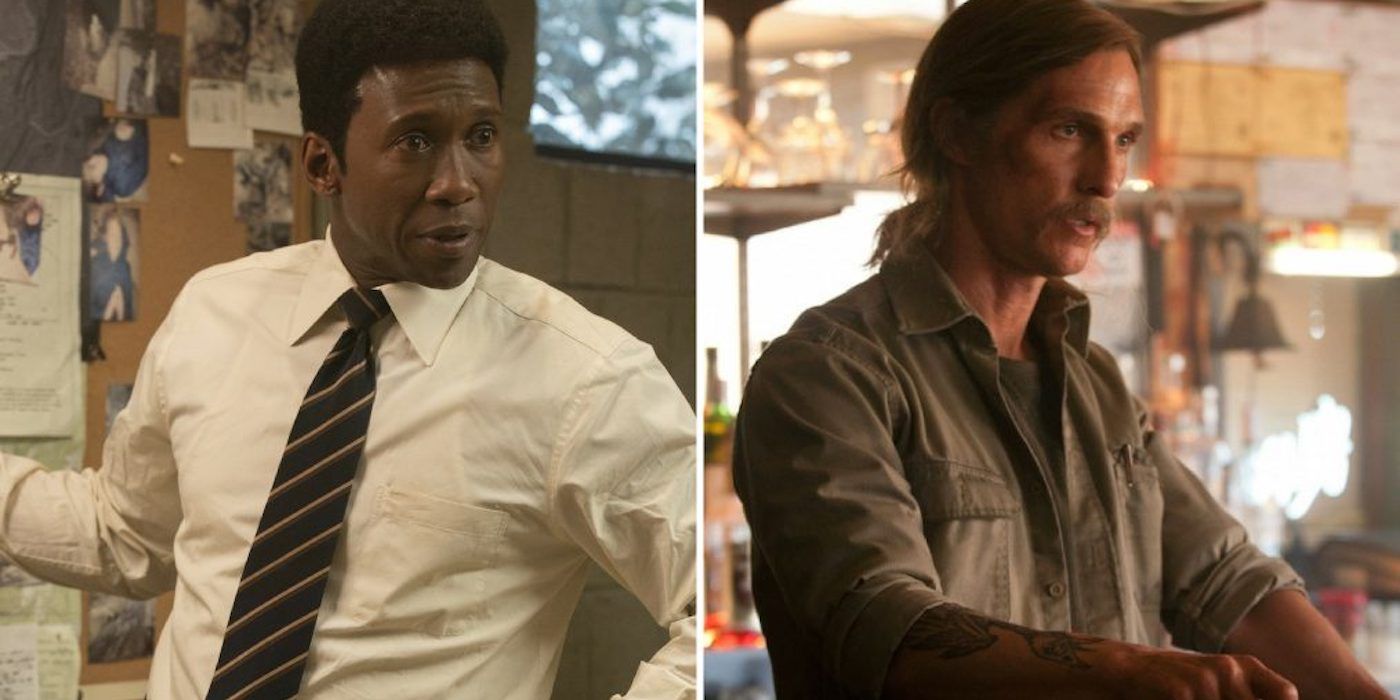
True Detective’s second season fell off a bit but Season 1 with Matthew McConaughey’s Rust Cohle and Woody Harrelson’s Marty Hart, not to mention the third season’s foray into the time-jumps involving Mahershala Ali’s Wayne Hays, all gave us detectives who really drew us in. They were interesting characters wrapped up in thoroughly engrossing cases involving cults, child murders and towns involved in cover-ups and conspiracies.
There were also powerful villains such as the Yellow King and then Hoyt Foods respectively, which gave the show a blend of supernatural and corporate power when it came to the perps being hunted. In other words, a world was built with heroes, flawed but likeable, and villains that felt uncatchable.
Mindhunter, driven by the creative mind of David Fincher, does have this foundation but it doesn’t utilize its cast well as it toes this line of reality. We don’t get as much insight into the people we need to be invested in, such as Wendy’s background (apart from a bad breakup) and what led to her struggle with her sexuality.
It’s touched upon, with a few #MeToo moments from superiors as well as hints dropped that she’s faced misogyny her whole life. Yet we’re left filling in the background, painting our own pictures when this is such good content to explore. Emotive beats like this help us to connect more, and admittedly the show does a better job of this with the Tench family this season after last season left them feeling undercooked.
It’s sad because we know the show can detail and explore a character pretty well, again as seen with Bill as a dad concerned more with his work than his disturbed son. It’s why when Bill’s wife leaves him in the finale, you feel the pain and empathize with both sides. We admit more about Brian’s descent into madness could have been dissected, but it seems that’s a mystery for next season to unravel.
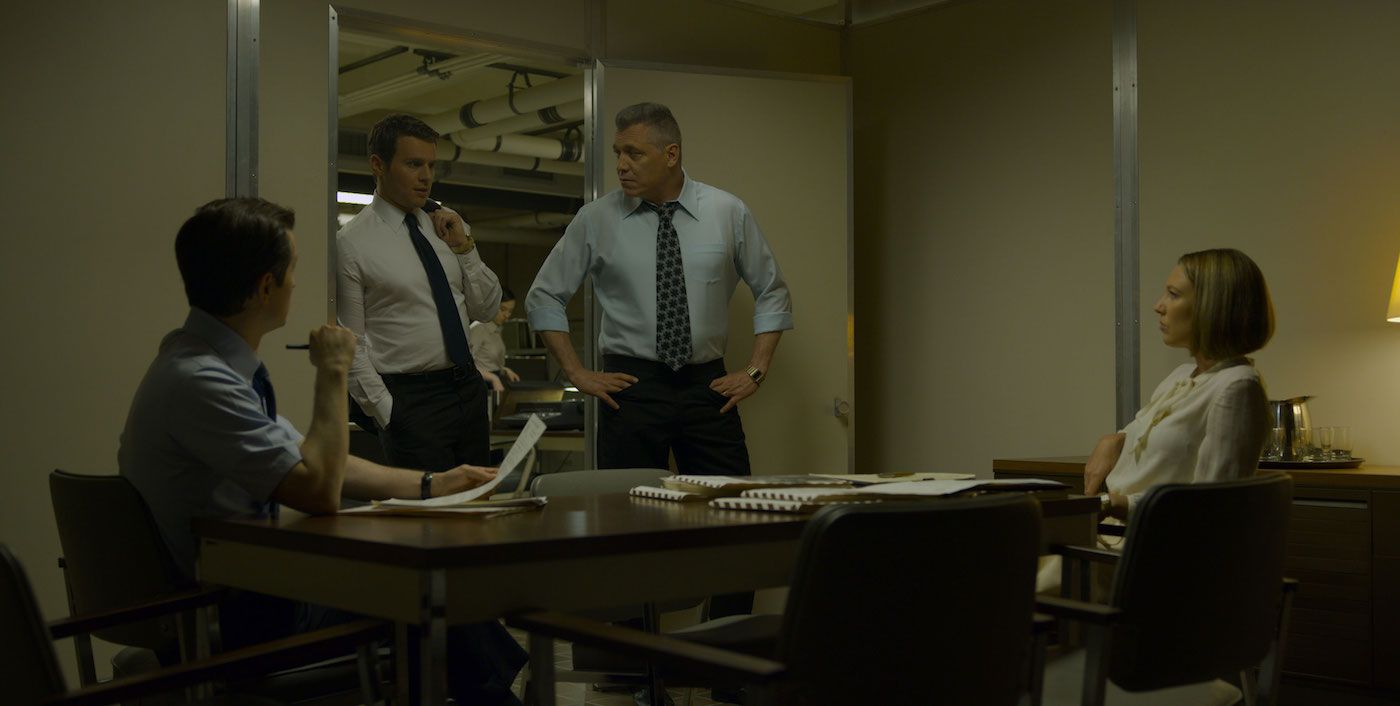
That said, with Wendy and Ford, it’s hard for us to establish connections as they’re one-dimensional and don’t feel like the leads we should be rooting for or against. They just exist in this world, which isn’t a good look because True Detective did illustrate how to succeed when building plot around amazing characters. Mindhunter, on the other hand, has a great plot naturally built in but struggles to pad it with interesting enough characters.
Now, this isn’t to knock the show as it’s pretty decent but there are sacrifices made to make its documentary style feel cinematic, and in so doing, a lot of mystique of the the characters get lost in the shuffle. Remember, we know these stories already, we can read about them online, so the fiction and recreation that matches and fits is what will create the magic and appeal of this series.
